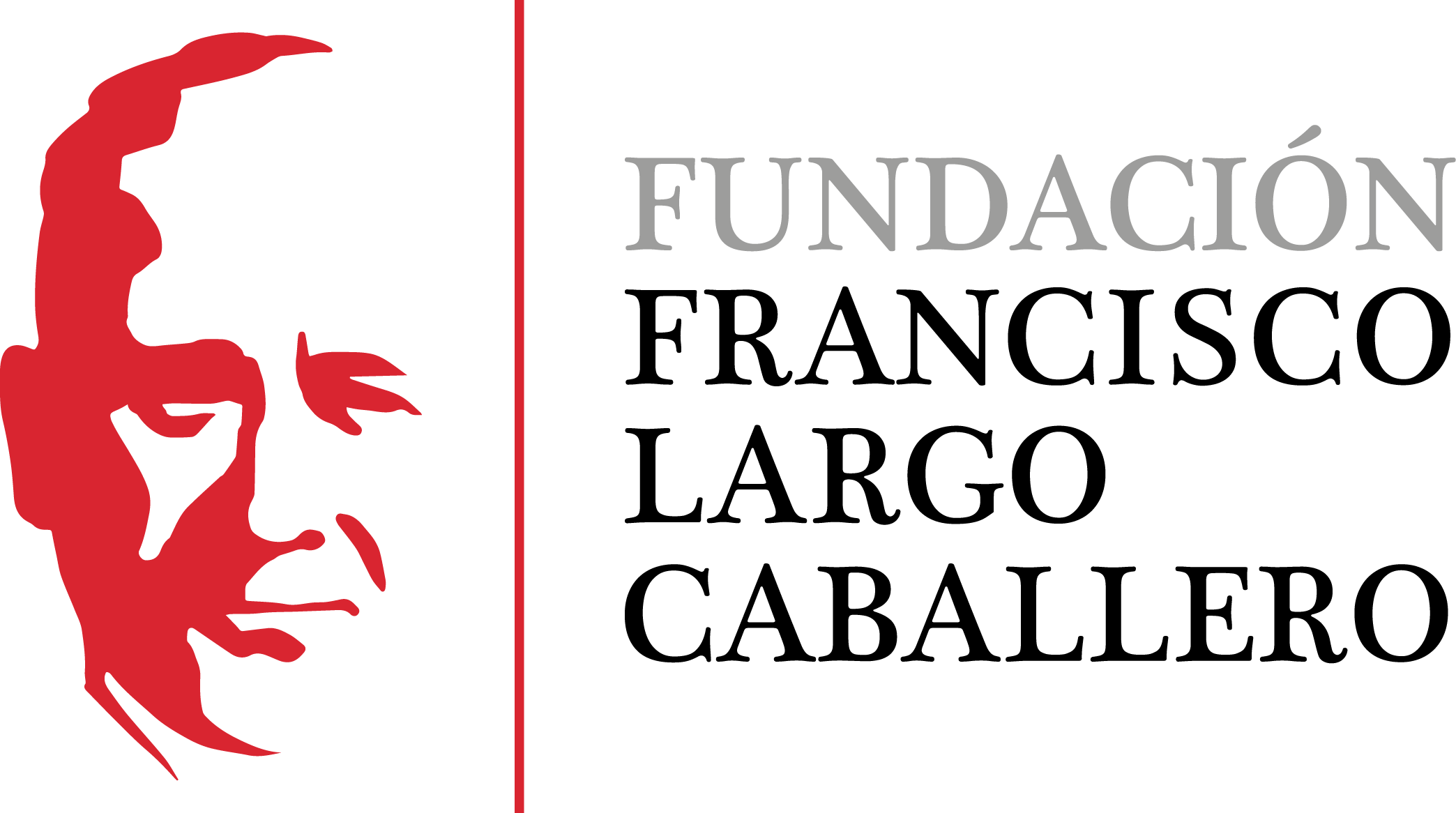Freud Variations. File, Psychoanalysis, Fiction and Travel
DOI:
https://doi.org/10.69791/rahc.234Keywords:
cultural history, psychoanalysisAbstract
The aim of this essay is to present some Freud variations. In metaphorical words. In music, variation is a formal technique where material is altered during repetition: reiteration with changes. Or in other words: a form in which successive statements of the fundamental musical idea —or theme— is altered or presented in altered settings. That is what I try to do in this essay. Freud like theme and variation, like reiteration with changes. The changes involve file, psychoanalysis, fiction and travel. And Freud like protagonist of these variations.
Freudian psychoanalysis refers to a specific theory of human condition; refers a type of treatment in which the analytic patient verbalizes thoughts, including free associations, fantasies, and dreams, from which the analyst formulates the unconscious conflicts causing the patient’s symptoms and character problems, and interprets them for the patient to create insight for resolution of the problems. Psychoanalysis applied in literature and sociology, anthropology and ethnology, religion and mythology, incited the interest of a public that had no inclination towards the clinical realm. Also in cultural history incited the public interest.
Downloads
Global Statistics ℹ️
|
84
Views
|
16
Downloads
|
|
100
Total
|
|
Downloads
Published
How to Cite
Issue
Section
License
Copyright (c) 2009 Justo Serna

This work is licensed under a Creative Commons Attribution 4.0 International License.
Alcores is an open-access journal. It provides unrestricted access to its content from the moment of publication. We respect intellectual property rights, and for this reason, the author retains the copyright. All content is distributed under a Creative Commons Attribution 4.0 International (CC BY 4.0) license. The terms of the license can be consulted at: https://creativecommons.org/licenses/by/4.0/
This license allows sharing (copying and redistributing the material in any medium or format) and adapting (remixing, transforming, and building upon the material for any purpose), provided that authorship and first publication in this journal are properly credited, a link to the license is included, and any changes made are indicated.
This type of license facilitates the freedom of reuse and ensures that the content of this journal can be used to meet research needs.





